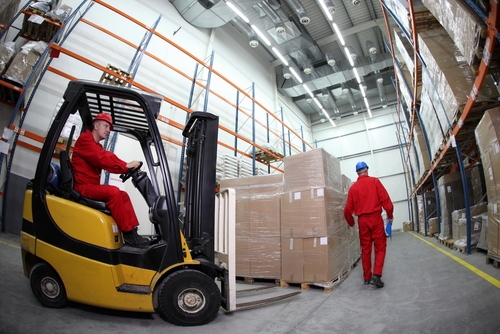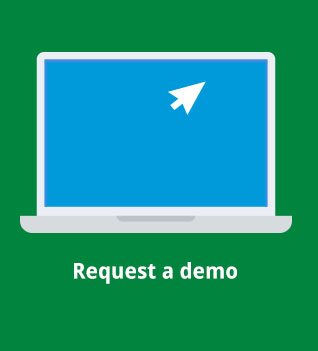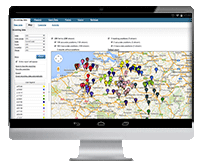Enterprise mobility quickly evolved from an optional advantage to an absolute necessity, especially in the logistics sector. While trucking and transport companies weren’t particularly on board with providing drivers, facility managers and service technicians with mobile devices, the results of arming employees with proof of delivery apps, turn-by-turn navigation apps and vehicle inspection apps were overwhelming. All of a sudden, whole logistics organizations became dramatically more productive, safer and valuable on the market.
However, not all businesses in the logistics industry leveraged mobility in the right way. As Apps Tech News reported, organizations that simply port enterprise resource planning software or other solutions to mobile devices aren’t solving problems with mobility – instead they’re just making tasks mobile. According to the source, that is the primary reason why 71 percent of mobile projects only deliver “average or poor” returns on investment.
Rather than using desktop software on a mobile device, logistics firms need to deploy specific apps for workflows, ensuring that drivers and managers can send reports back to headquarters from the road or quickly inspect a vehicle.
What else should trucking, transport and logistics companies look for in enterprise mobility solutions and mobile workflow apps? Here are a few aspects of mobility that these firms should demand from their mobile apps.
Usability
At the end of the day, regardless of anything else, employees need to find mobile apps useful, as well as be able to use them with ease and minimal frustration. This means that the app must solve a specific problem, and it must also introduce a path of least resistance.

Managing logistics with complex, non-native apps creates headaches.
So, rather than developing a mobile app that does everything, logistics firms should choose mobile app development platforms that provide a loose framework on which any workflow can be applied. This ensures that managers have a tool specifically for them, such as a freight task management app. The same goes for drivers who will demand damage report apps that make that process simpler, not introduce a whole different level of accountability.
Integration
If mobile apps live alone in silos, this makes data collection, information sharing and collaboration much more difficult than it should be. Instead of porting an ERP to a mobile device, logistics firms should create proof of delivery apps and others that integrate with corporate platforms and software. This guarantees that mobile apps are put to good use, but it also ensures that administrators back at headquarters get to experience the productivity benefits of mobile solutions – they won’t have to manually file paperwork or enter data ever again.
“Mobile apps should be able to scan and read NFC and RFID chips.”
Features and capabilities
Logistics firms need mobile apps that support the wide range of technologies at their disposal, especially with the Internet of Things on the tech horizon. Simply put, mobile apps should be able to scan and read NFC and RFID chips, as well as allow employees to insert photographs of documents, objects or barcodes. This removes many steps in the data collection process, guaranteeing productivity gains.
Developer Tech highlighted the story of a team on the road which could authenticate account information by scanning a serial number with a smartphone camera. According to the source, that business’s employees became more efficient and productive as a result.
Offline support
It’s rare in the modern era to not have Internet connectivity, but the best logistics firms are always prepared. After all, if a mobile app doesn’t support offline productivity, it’s essentially useless in certain locations.
With offline support, employees can enter data wherever they don’t have Internet access, and that information will upload automatically. This ensures that employees are always working and are always able to complete their job.
Logistics firms will have a hard time finding mobile apps that support all these capabilities, which is why development platforms have become the coin of the mobility realm in recent years. Solutions such as Mobilengine meet these demands and more, making it the MADP of choice for logistics companies.
Adam Dalnoki, Mobilengine’s CEO, brings IT and telecommunications expertise as an ex BCG consultant. He made a previous exit in a mobile payment start up and has held sales executive positions at Provimi and Kraft Foods.








